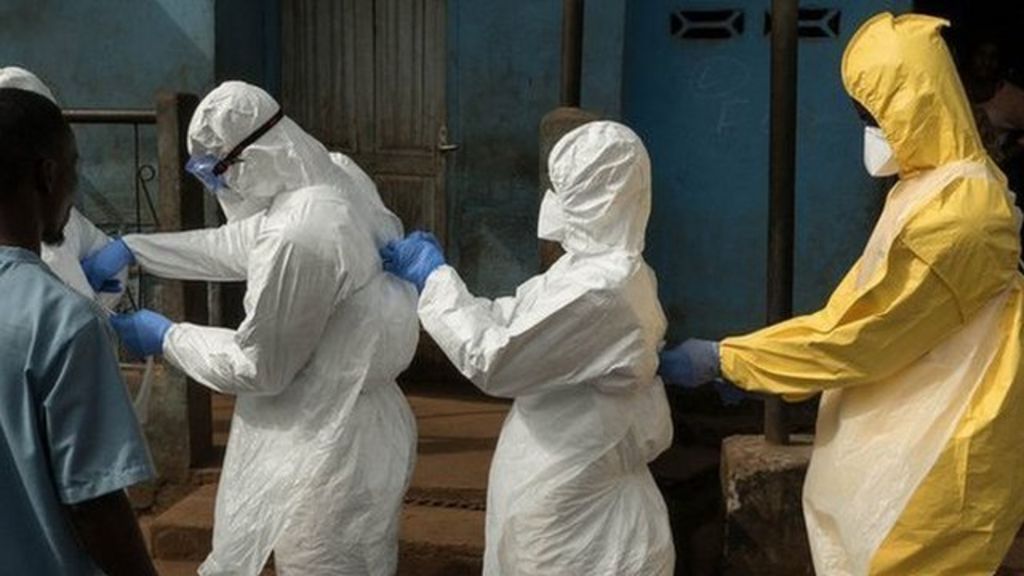
Many Ebola survivors are likely to face further health issues including eye and joint problems, the World Health Organization has warned.
And a recent case may have caught Ebola through sexual contact with someone who had recovered, experts said.
The WHO has decided the crisis still constitutes as a public health emergency of international concern.
But said there had been “real, substantive progress” in the drive to end the outbreak in the last few weeks.
Health aftermath
Officials announced they are attempting to set up clinics in Sierra Leone, Liberia and Guinea to monitor the health consequences Ebola survivors face.
Patients have reported problems with their vision, joints and on-going fatigue.
But Dr Bruce Aylward, assistant director general of the WHO, admitted not much was known about the long-term implications of the virus.
He said the information gathered at these clinics would help the mental and physical health needs of people recovering from the disease.
Experts from the organisation also said a recent Ebola patient was “likely to have been infected following sexual contact involving a survivor some months after his recovery”.
Meanwhile reports suggest Liberian medics have been investigating whether a patient may have contracted the disease in this way.
WHO scientists are now considering whether it would be feasible to offer screening to check if the virus is still present in semen 90 days after male survivors have been declared Ebola free.
Current WHO advice says survivors should abstain from or practise safe sex for at least three months following recovery as the virus can linger in these bodily fluids.
International spread
At a meeting convened to review whether the WHO should continue to describe the outbreak as an international emergency, Dr Aylward said real progress had been made.
He said the worst-affected countries were on track in clearing the disease, despite the advancing rainy season which had threatened to make logistics harder.
And the WHO said the risks of international spread of the virus were abating.
But Dr Aylward warned numbers were “not at zero by any stretch”.
Challenges continue, including new cases that are not on registered lists of known Ebola contacts.
Just 30 confirmed infections were recorded in Guinea, Liberia and Sierra Leone in the previous week.
But the decline in numbers posed a challenge for those developing vaccines and therapies, the WHO warned.
There have been 25,532 cases during this Ebola outbreak and 10,584 deaths.